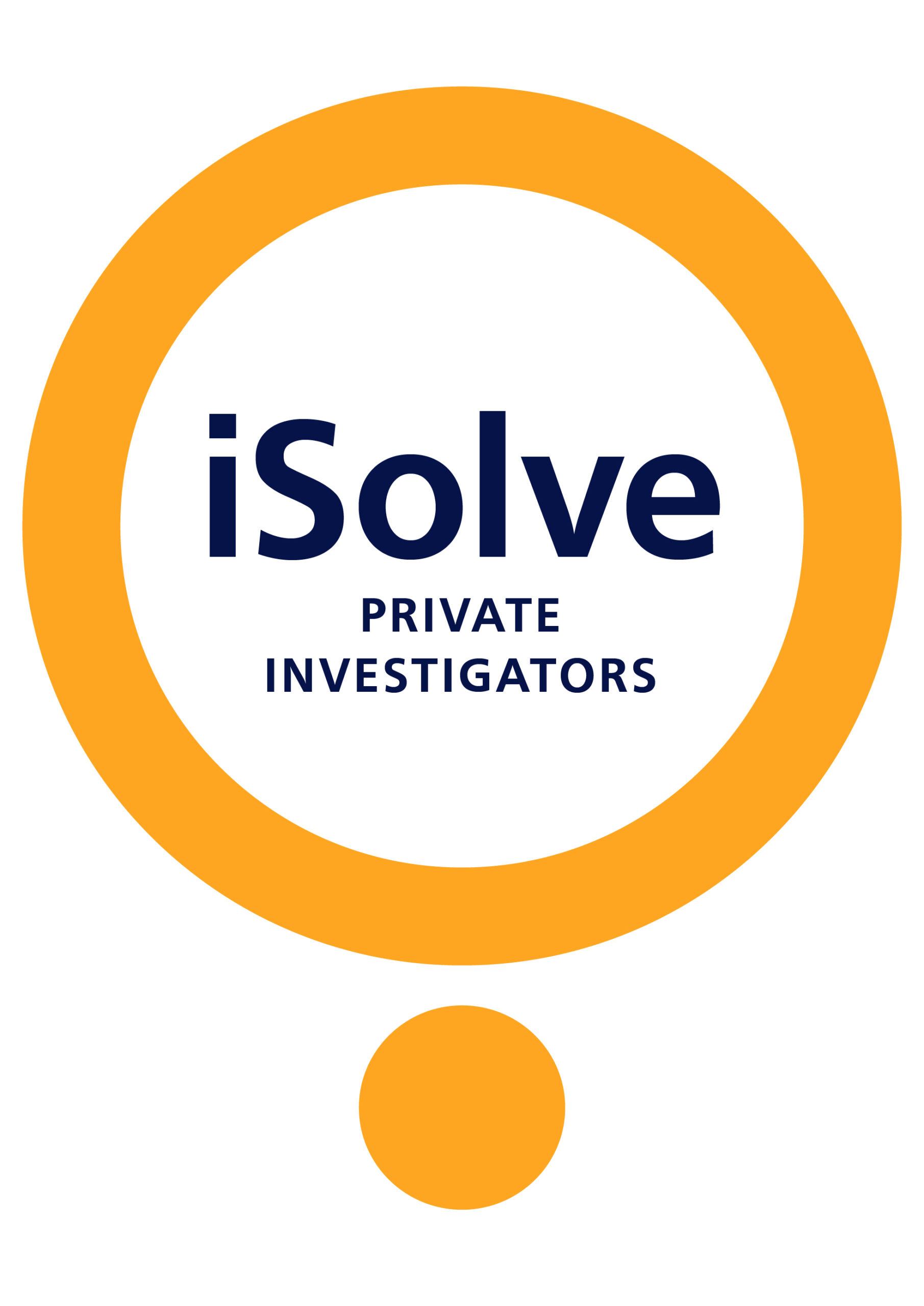OSINT investigations
From simple domestic investigations to complex commercial and organisational requirements, find out how we can use OSINT to assist you.
What is OSINT?
OSINT stands for Open-Source Intelligence. It is intelligence produced by collecting and analysing publicly available information with the purpose of answering a specific intelligence or investigative question.
Note that information does not equal intelligence. Without any analysis, the data collected through open source channels is considered raw data. This needs to be organised and evaluated to turn it into intelligence.
For instance, OSINT is not just saving someone’s Facebook friends list. It’s about finding information that is relevant to the investigation. It may be matching that friends list with another friends list and looking for patterns or overlaps. Or using that friends list to deduce the subject’s education, hobbies, workplace, and other intelligence. Another way to look at it is to ask, ‘why does this data matter?’ And then produce meaningful intelligence from it.
How can OSINT benefit you or your organisation?
OSINT can help:
- Support most types of investigations – commercial or domestic
- Find or locate people
- Provide background information for surveillance operations
- Assist with seeing links between people, assets, and entities
- Provide information on people and businesses for background checks
- Assist with document or process serving
- Support human source assessments
- Assist with cheating partner / infidelity investigations
- Provide information for child support investigations
- Support security or risk assessments
- Assist in asset searches
- Support decision making
The benefits for you are:
It’s cost-effective. OSINT is more cost-effective than other intelligence collection methods, such as human intelligence or signal intelligence. This is because OSINT leverages publicly accessible data without the need for specialised equipment or physical enquiries.
It accesses publicly available information. The information OSINT collects is publicly available and legally accessible. This means that you don’t have to rely on classified, restricted, or illegal sources of information, which can be costly and time-consuming to get, as well as potentially inadmissible in court.
It uses a wide range of sources. OSINT can be gathered from many sources, including social media, news articles, search engines, databases, and more. Information can be collected from a wide range of topics and many different perspectives.
Timeliness. Because OSINT relies on publicly available information, it can be gathered quickly and in real time. Organisations or businesses can stay up to date on current events and emerging trends.
Transparency. OSINT is transparent and can be easily verified. This means that you can be confident in the accuracy and reliability of the information gathered.
How does iSolve use OSINT?
Some level of OSINT is used in almost every one of our cases. And being digital natives, using online sources to assist in our investigation is second nature to us. Over time this has evolved from a loose collection of OSINT tools and techniques, to being an integral part of the way we conduct investigations.
Collection:
iSolve collects open-source intelligence from a variety of sources such as social media, search engines, news articles, blogs and forums, social media scraping, metadata analysis, government reports, public records, and government / commercial databases. Some are searched manually and some through automated tools that can search and aggregate information.
Processing:
Once we’ve collected the information, it is processed to remove duplicate, irrelevant or inaccurate data. This involves filtering and categorising the information based on relevance and importance.
Analysis:
We then analyse the processed information to identify trends, patterns, and relationships. The aim is to extract meaningful insights from the data. We use data visualization tools, data mining, and natural language processing.
Dissemination:
The final step in the OSINT process is disseminating or reporting on the intelligence. This can be done in the form of reports, briefings, or alerts, depending on the needs of your or your organisation.
We have the ability to rapidly scale up our OSINT enquiries if the case requires. OSINT techniques are always evolving as new technologies and sources of information become available. It’s important for us to stay up to date on these new tools and techniques so we can continue to effectively collect and analyse OSINT.
Who else uses OSINT in NZ?
Many organisations use OSINT in New Zealand. These include government agencies, law firms and businesses. In fact, you’ve probably collected some form of OSINT yourself!
Here are some organisations who use OSINT in NZ:
- The NZ government and intelligence agencies
- NZ Police
- New Zealand Defence Force (NZDF)
- Investigative journalists
- Private investigators
- Law firms
- Pen (penetration) testers
- Human rights investigators
- Businesses for competitor analysis
Is OSINT legal in NZ?
Yes. The whole point is that the information is open source, i.e. publicly available information. Some of it may be hard to find (which is why you need a specialist), and much of it won’t make sense until it’s analysed. But it’s all gathered from public sources. Hacking and data-breaches are not OSINT.
In addition to ensuring it is legal, we also need to make sure it’s ethical, and used for legitimate purposes. E.g., finding out who your partner is seeing in order to get the truth and develop a plan to salvage your relationship or move on (which is a legitimate purpose) vs. finding out who your partner is seeing and where they live in order to burn their house down (which is obviously illegal and unethical).
You could say that much of what a private investigator does is OSINT. Even surveillance, interviews, and enquiries.
——————————
If you think OSINT may benefit you or your organisation, get in touch with iSolve today.
Pricing
- Planning, reporting and investigation (per agent)
- $100 + GST per hour
Follow Us
Meet Kurt from iSolve
You bring the questions, Kurt will track down the answers.

Make an Enquiry
View our blog
For free advice and case examples.
Check out our guides
For handy tips and how-to’s guides.
